Fortune Agribusiness Singleton Station water licence challenged in Alice Springs Supreme Court
A plan to create a fruit and vegetable oasis in Central Australia’s arid lands has faced a judicial review after Traditional Owners sued the government.
Alice Springs
Don't miss out on the headlines from Alice Springs. Followed categories will be added to My News.
The largest water licence in Australia for a fruit farm in the desert was allegedly re-granted for free after just five days’ consideration, a court has heard.
For three days Justice Peter Barr heard arguments over the granting of a 40,000 mega litre per year water licence to Fortune Agribusiness in November 2021.
The Singleton Station farm, 380km north of Alice Springs, is set to become one of the largest fruit and vegetable operations in Australia.
The 3500ha irrigated horticultural project was expected to grow mandarins, avocados, table grapes and other fruits and vegetables by extracting up to 40 billion litres per year from the Western Davenport Water Control District.
The water from the Central Australian aquifer would be free, as unlike other states the Territory does not charge for large-scale commercial water use.
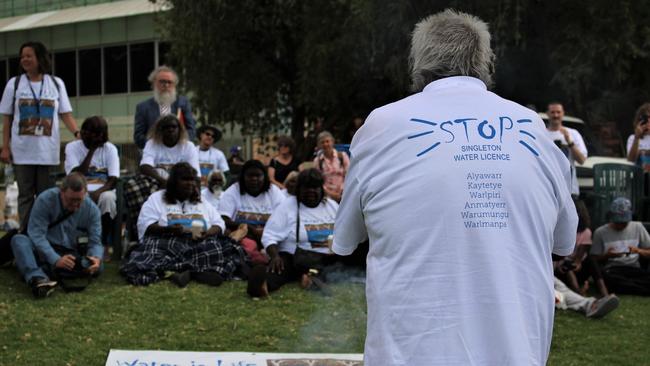
The 10-year licence was approved in November 2021, despite the Water Resources Review Panel raising significant concerns with the licence a month earlier.
The Mpwerempwer Aboriginal Corporation challenged the licence in the Supreme Court this month, saying Traditional Owners feared the massive extraction of water could lower the water tables and potentially destroy up to 40 sacred sites.
MAC sued Territory Families Minister Kate Worden, who was acting as a representative for Environment Minister Eva Lawler, when she re-approved the licence in November 2021.
MAC alleged Ms Worden failed to properly assess the Water Act, particularly concerns over environmental damage and destruction of Aboriginal cultural sites.
Over three days the court heard arguments from representatives from MAC, the Arid Lands Environment Centre, the government, and Fortune Agribusiness.
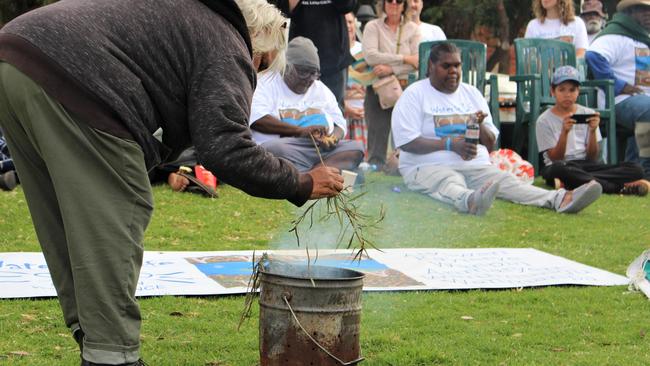
In court documents released to the NT News, MAC alleged the licence was approved only five days after Ms Worden was empowered to exercise her powers.
“The minister said she reviewed and considered a significant volume of often technically complex materials,” it said.
“Given the short time between delegation and decision, and the volume and technical nature of the materials, it may be inferred the minister cannot have properly considered the section 90 factors.
“No rational minister would have treated the section 90 considerations so irrationally.”
Fortune Agribusiness representatives told the court it was reasonable for the decisions to be made over a short period of time, particularly as the previous water allocation plan was under review for the mandatory five-years.
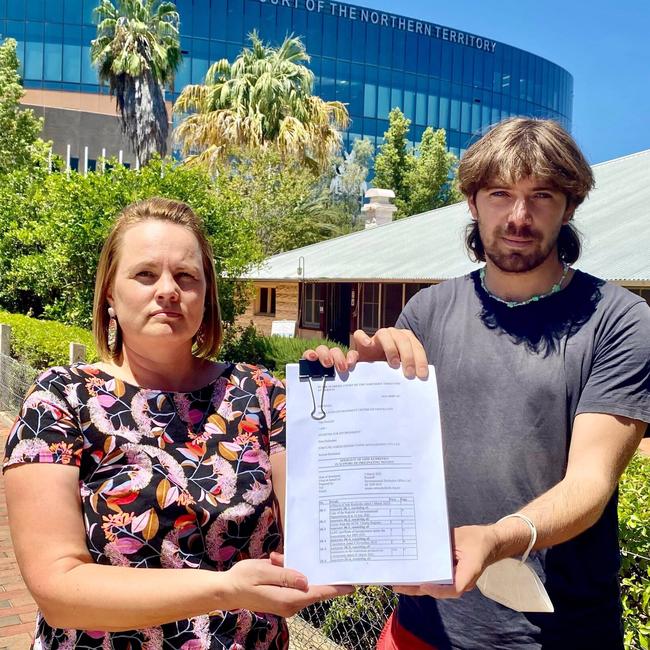
The MAC documents said there were “several risks and uncertainties” which were identified by the Water Resources Review Panel review.
In October 2021 the water panel, which included representatives Centrefarm Aboriginal Horticulture, Central Land Council, Arid Lands Environment Centre, Environment Centre NT, and Fortune Agribusiness, released its findings.
The review panel said due to the level of uncertainty “around hydrogeological parameters and the cultural values associated with groundwater dependent ecosystems that may be impacted by this project, the Licence should have been conditioned differently”.
“These risks and uncertainties need to be better defined before there can be confidence in the decision to provide the volumes of water.”
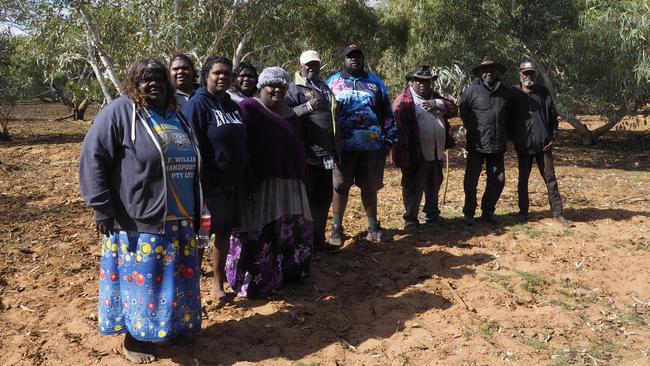
The Arid Lands Environment Centre has previously alleged hydrological modelling of the Singleton licence showed it could drop parts of the groundwater table by 50 metres over 30 years, posing huge risks to water-dependent ecosystems.
The panel recommended a detailed assessment of the water resources and cultural impacts, proposing a five-year period for stage one to allow these studies to be completed.
However, MAC said Ms Worden reduced this stage to three years in her approved licence, one year longer than the previous licence.
“The Minister is not an expert. She identified no evidence to support her decision to reduce the period of stage one,” MAC said in its amended originating motion.
MAC alleged the “Minister erred in law” by failing to comply with the Water Act before granting the decade-long licence.
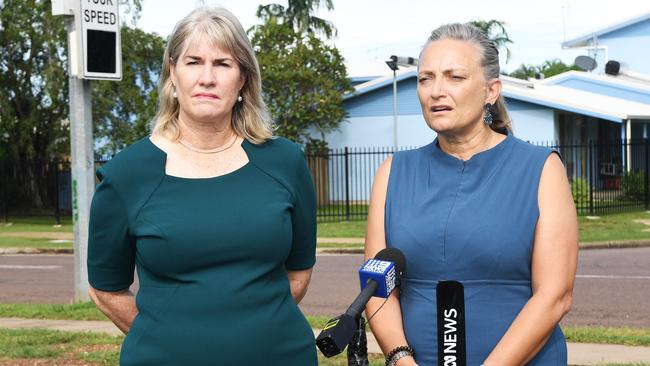
“Even if (the section) applies to a decision made by the Minister, the controller had not herself been satisfied as she did not herself consider that special circumstances justified a licence period exceeding 10 years,” MAC said.
The court heard the Minister’s decision considered the technical advice, as well as correspondence from Fortune Agribusiness.
Fortune Agribusiness and Territory Development Minister Eva Lawler were contacted for further comment, however they both said it would be inappropriate to comment while the matter was under judicial review.
The matter is expected to return to the Supreme Court in Alice Springs on September 26.





